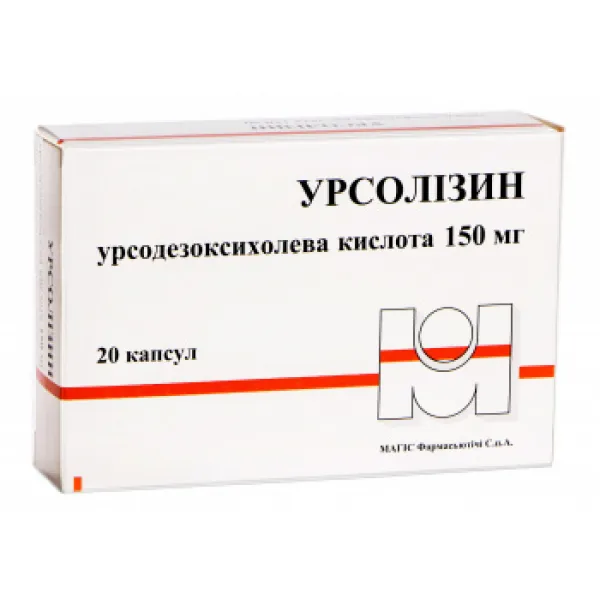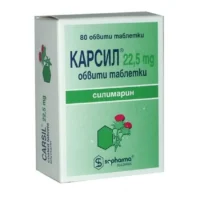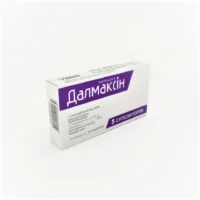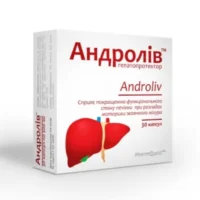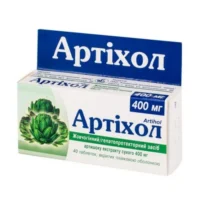Description
Ursolizin (Ursodeoxycholic Acid) Capsules 150 mg
Ingredients
- Each capsule contains 150 mg of ursodeoxycholic acid.
Dosage
- The recommended dosage is as directed by a healthcare professional.
Indications
- Ursolizin capsules are indicated for the treatment of gallstones and primary biliary cirrhosis.
Contraindications
- Do not use Ursolizin if allergic to ursodeoxycholic acid or any other ingredients in the product.
Directions
- Swallow the capsules whole with water, do not crush or chew them.
Scientific Evidence
Ursodeoxycholic acid, the active ingredient in Ursolizin, has hepatoprotective and choleretic properties. It aids in dissolving cholesterol gallstones and enhancing liver function in primary biliary cirrhosis patients.
Studies in the Journal of Hepatology indicate that ursodeoxycholic acid reduces liver enzymes and improves liver histology in primary biliary cirrhosis.
Additional Information
- Adherence to prescribed dosage and treatment duration is crucial for optimal therapeutic outcomes.
- Ursolizin has displayed efficacy and safety in clinical trials for gallstones and liver disorders, with minimal side effects under proper use.

